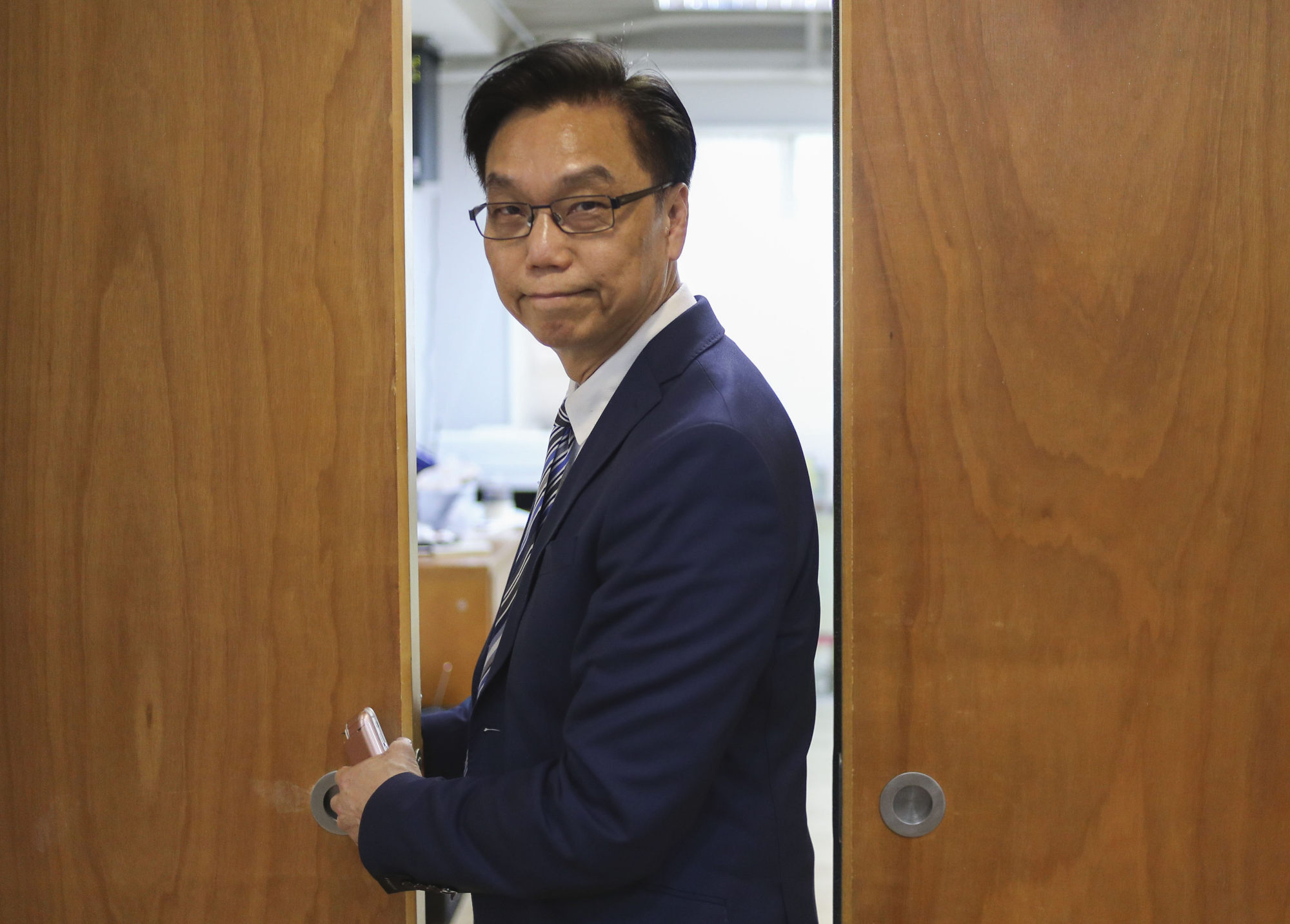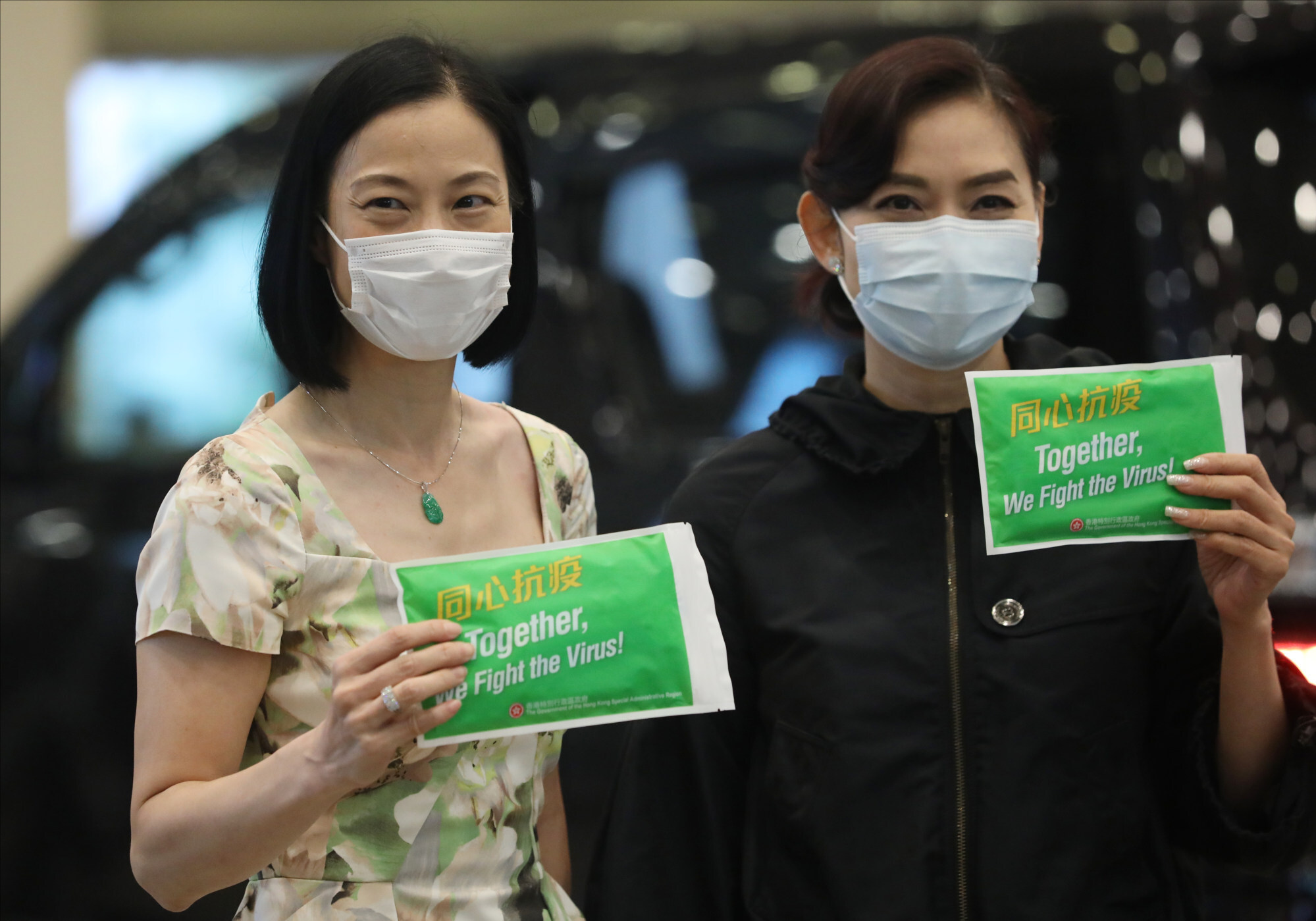
Who’s standing for Legco? Too few women, too many old boys
- With moderate old-timers seeking a comeback, awkward contests indicative of the stronghold of the old boys’ club and a lack of women, Beijing should see this as making a strong case for greater diversity
In the last Legislative Council election in 2016, there were 289 valid nominations, out of which 213 candidates contested the 35 geographical constituency seats.
Candidates, however, are no longer running on what used to be long nomination lists in the geographical constituencies so there are no longer hopeless “hopefuls” – those so far down the list there is no way they could win a seat – adding to the headcount.

Before Wong and Fung, there was also ex-lawmaker and former Civic Party member Mandy Tam Heung-man. She was nominated by Maggie Chan Man-ki, a “colleague” in the district council but political foe nonetheless – Chan had run in the Kowloon East geographically constituency before, under the Democratic Alliance for the Betterment and Progress of Hong Kong. This year, Chan is also running in the Election Committee constituency, vying for one of the 40 seats against 50 others.
What is most striking here is that Chan nominated Tam knowing it would attract attention, and potentially criticism, when she needed to run her own campaign. Time will tell whether her nomination of Tam turns out to be a good bet. Remember, Election Committee members have not been generous with their nominations, making it hard for moderates to enter the race.

Unfortunately, what has become apparent under this new system is the disproportionately low number of women candidates, and this is especially felt in the contest for the 10 geographical constituencies.
There are only seven women among the 35 candidates. That’s a dismal 20 per cent. And in four constituencies, it’s simply a men’s race.
One reason is that the long candidate lists are a thing of the past. Whatever qualms we may have against fielding hopeless “hopefuls”, it is clear now that these lists at least made it necessary to be mindful of gender representation: to have an entire list of only men looks bad.
Kowloon West, the one constituency that in 2016 returned six winners who were all women, will not return even one female lawmaker this time: it’s a three-way testosterone-only race.
Hong Kong politics: barriers must go if women are to lean in
As expected, there are also very few women standing for election in the functional constituencies, with just six out of the 68 candidates, once again exposing the structural hurdles women face across these sectors. Call it the political trickle-down effect of the male-dominated boardrooms.
Interestingly, the incumbent lawmaker of one of the commercial sectors, Jeffrey Lam Kin-fung, a member of the Business and Professionals Alliance, is running against someone who works for the alliance’s council chairman.
This makes for an awkward situation, but it’s indicative of the stronghold of the old boys’ club. Beijing should read this as making a strong case for the need for diversity.
Alice Wu is a political consultant and a former associate director of the Asia Pacific Media Network at UCLA

